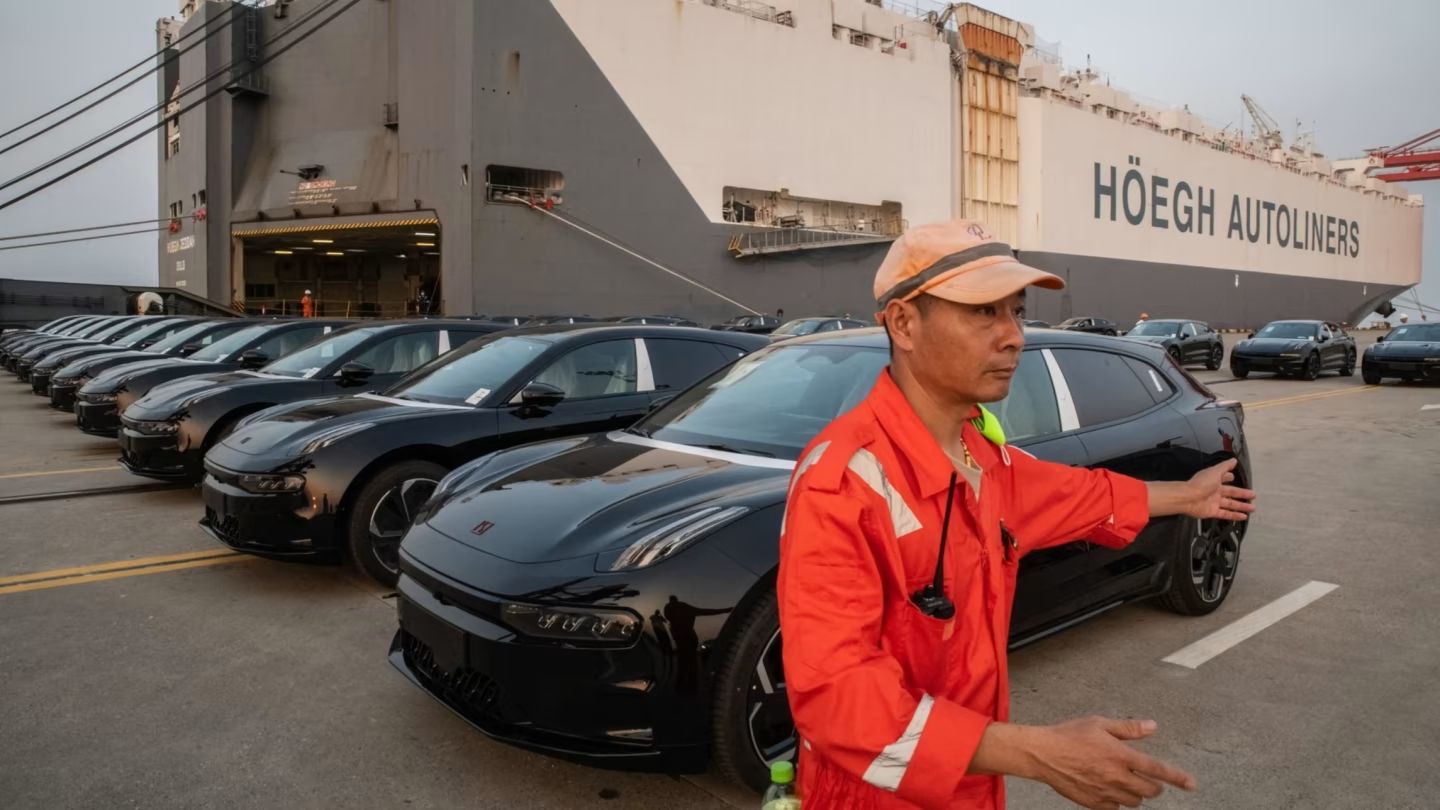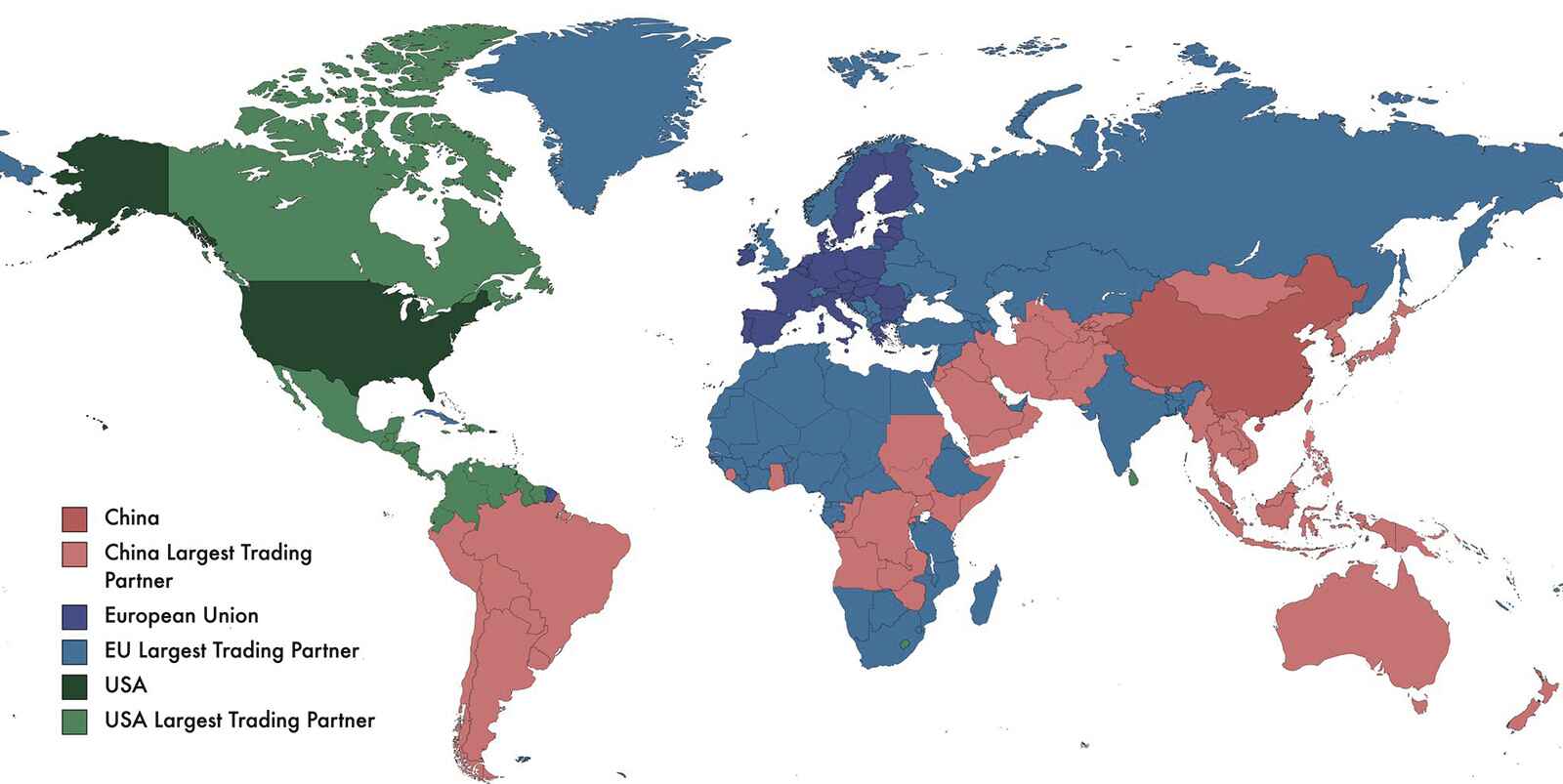The European Commission is currently deciding whether to impose punitive tariffs on Chinese electric vehicle (EV) imports to protect European Union (EU) automakers from the flood of cheaper EVs benefiting from state subsidies. European Commission President Ursula von der Leyen highlighted the issue during her annual address to the EU’s parliament, stating that global markets are now flooded with cheaper electric cars, kept artificially low in price due to huge state subsidies.
Key Takeaway
The European Commission is considering imposing tariffs on Chinese electric vehicle imports to protect EU automakers from state-subsidized competition. The decision could potentially lead to a trade war with China. Chinese automakers are expanding their presence in Europe, prompting concerns among European counterparts. The investigation includes non-Chinese brands manufacturing vehicles in China, such as Tesla, Renault, and BMW.
Tariff Consideration and Potential Trade War
The EU’s standard rate for imported cars is 10%, but the Commission is contemplating whether to impose tariffs higher than this standard rate during the next 13 months. However, such a move could potentially ignite a trade war between the EU and China. It is worth noting that the anti-subsidy investigation also includes non-Chinese brands, such as Tesla, Renault, and BMW, that manufacture vehicles in China.
Rise of Chinese EV Companies in Europe
This investigation comes shortly after the IAA Mobility 2023 conference held in Munich, where Chinese EV companies, including established players like BYD and startups like XPeng, significantly increased their presence compared to the previous year. About 41% of presenters at the conference were from Asia. European automakers, seeking to keep up with their Asian counterparts, showcased lower-cost, high-tech EVs at the event.
Although Chinese automakers currently hold a small market share in Europe, their expansion beyond China’s borders could result in a significant change. Chinese EV makers are eager to expand overseas due to weakening consumer demand at home and heightened domestic competition, partly driven by Tesla’s aggressive price cuts.
As per data from the China Passenger Car Association, China’s auto exports grew by 31% in August. Additionally, the European Commission reported that China’s share of EVs sold in the EU, which are approximately 20% cheaper than EU-made models, has risen to 8% and is projected to reach 15% by 2025.
Response from Chinese Companies
Chinese companies are voicing their objections to the investigation. The Chinese Chamber of Commerce to the EU argues that China’s competitive advantage is not solely due to subsidies and urges the EU to assess Chinese EVs objectively.
The EU, similar to the United States, aims to decrease its reliance on China, especially for materials and products crucial for the transition to electric vehicles. Additionally, concerns among some EU policymakers have increased due to Beijing and Moscow’s growing proximity following Russia’s invasion of Ukraine.

























